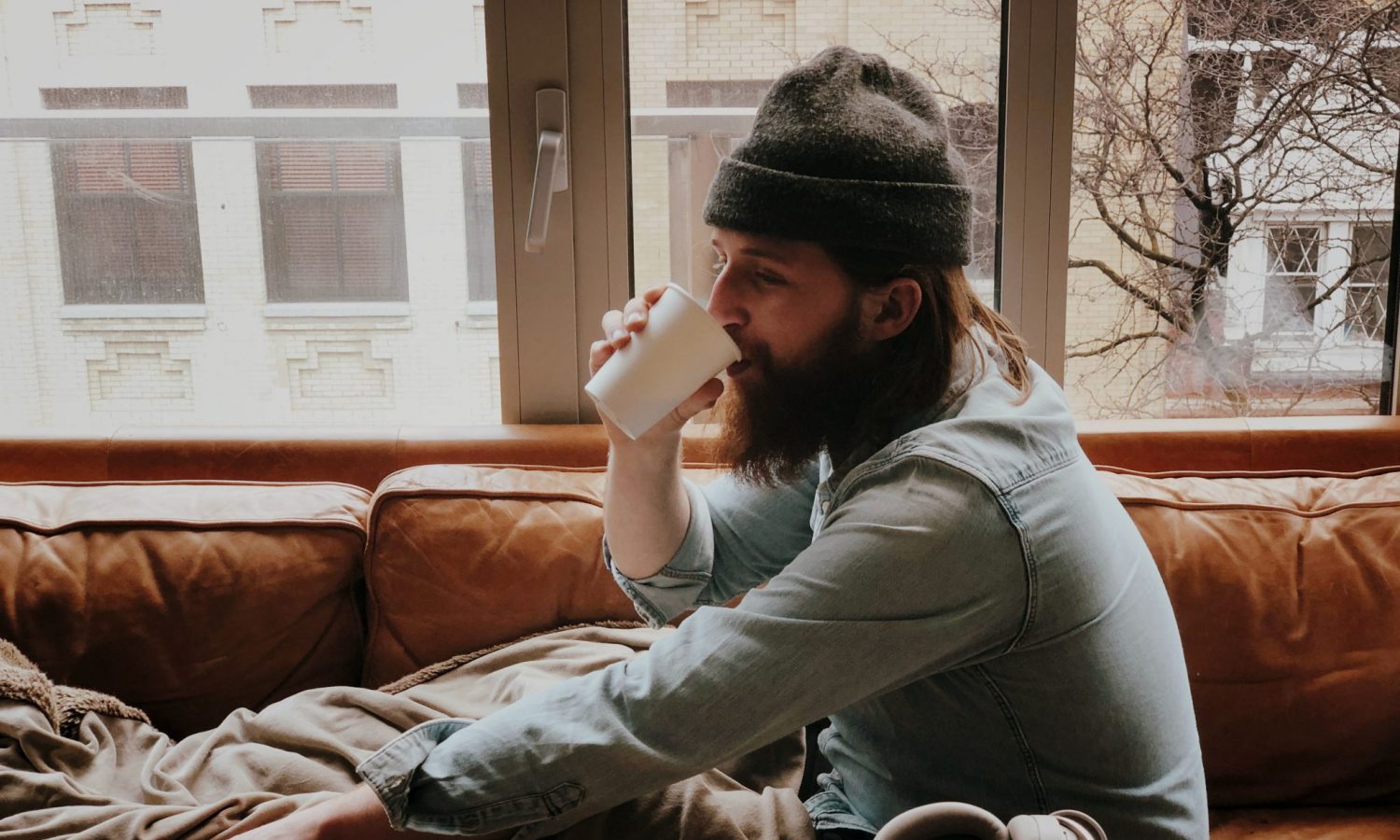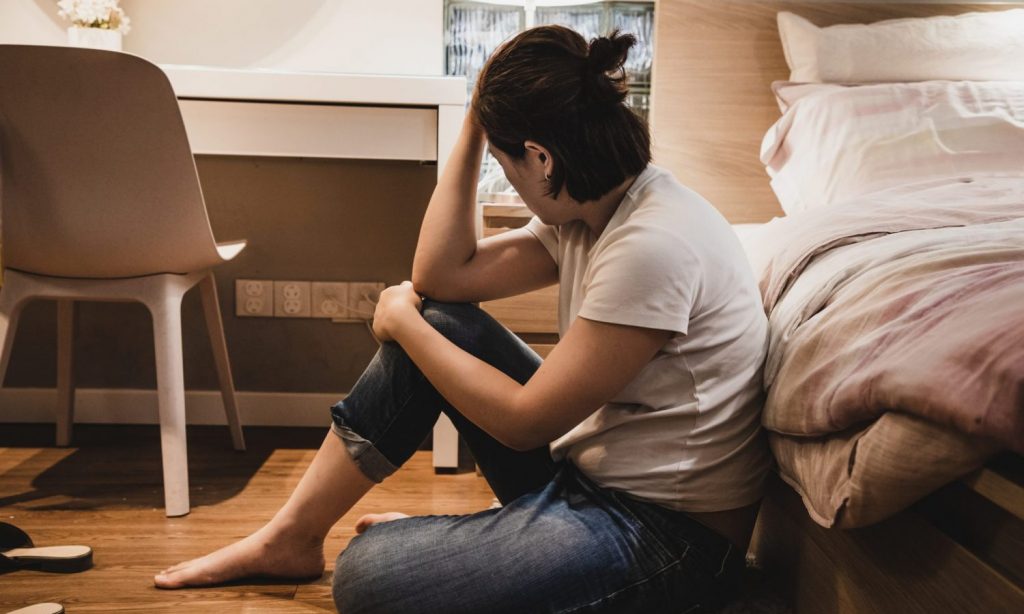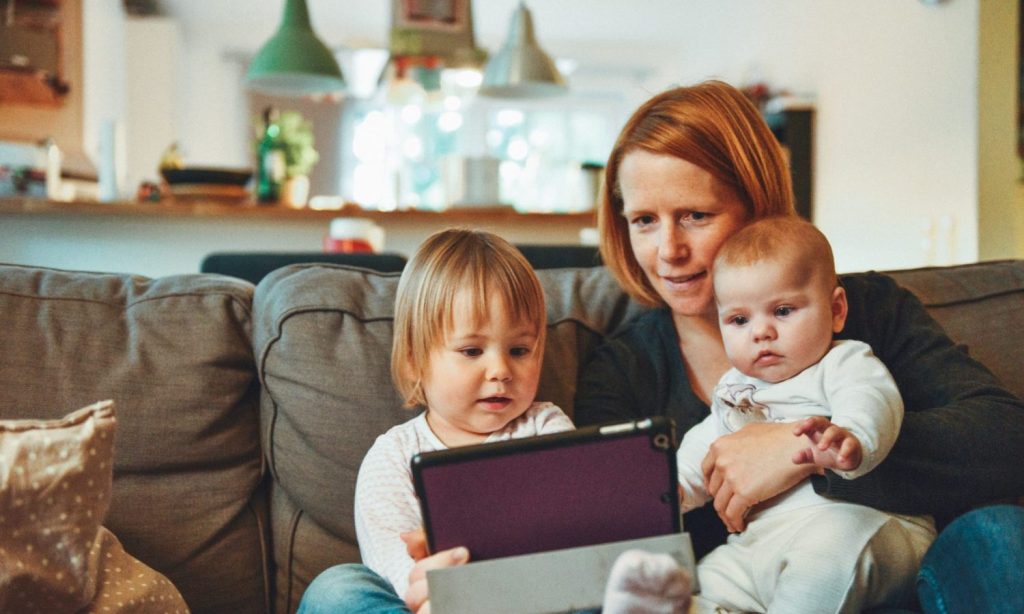
In partnership with The Fresh Toast
A lot of people cope with morning anxiety. Here’s why this condition is more common when you wake up and what you can do to manage it.
Anxiety doesn’t work on a clock. Still, it’s pretty common to experience anxiety in the mornings, something that’s particularly crippling since mornings set the tone for the rest of our days. Why does this happen?
Symptoms of morning anxiety include feelings of worry, irritability and fatigue, among others. There are a few reasons why this could happen.
Cortisol levels spike in the morning

RELATED: Can You Avoid The Midday Slump? It’s Possible If You Do This
Cortisol, also known as the stress hormone, normally spikes in the morning. This hormone is responsible for helping you wake up, meant to give you a little jolt that will help you get up from bed and carry on with your day. For some, it’s more stressful than others, especially if you’re coping with some sort of condition, like general anxiety disorder.
You’re already dealing with anxiety

While morning anxiety is common, it’s more common for people who are already coping with a stress or anxiety condition. “Generalized anxiety or PTSD tend to have more anxiety at night and at bedtime,” clinical psychologist Lyndon J. Aguiar told The Huffington Post. He went on to explain how other conditions can also influence and disrupt sleep, nutrition, and more, making it more likely for people to experience a spike in anxiety and stress in the mornings.
Here’s what you can do to cope

RELATED: How To Move More When You Work From Home
There are many self-care strategies that could be used to treat morning anxiety, since it functions very much like regular anxiety. Exercising, meditation, and battling negative thoughts can help you cope with this condition. It’s also important not to fight anxiety and stress, but to simply accept it and not indulge in it. Simple tips like setting a timer that allows for 10 minutes of worry can help you control your anxiety without stifling it. Lastly, it’s very important to get help from a professional if you think your problem goes beyond the standard bout of morning anxiety.
Read more on The Fresh Toast
Advertising disclosure: We may receive compensation for some of the links in our stories. Thank you for supporting LA Weekly and our advertisers.
